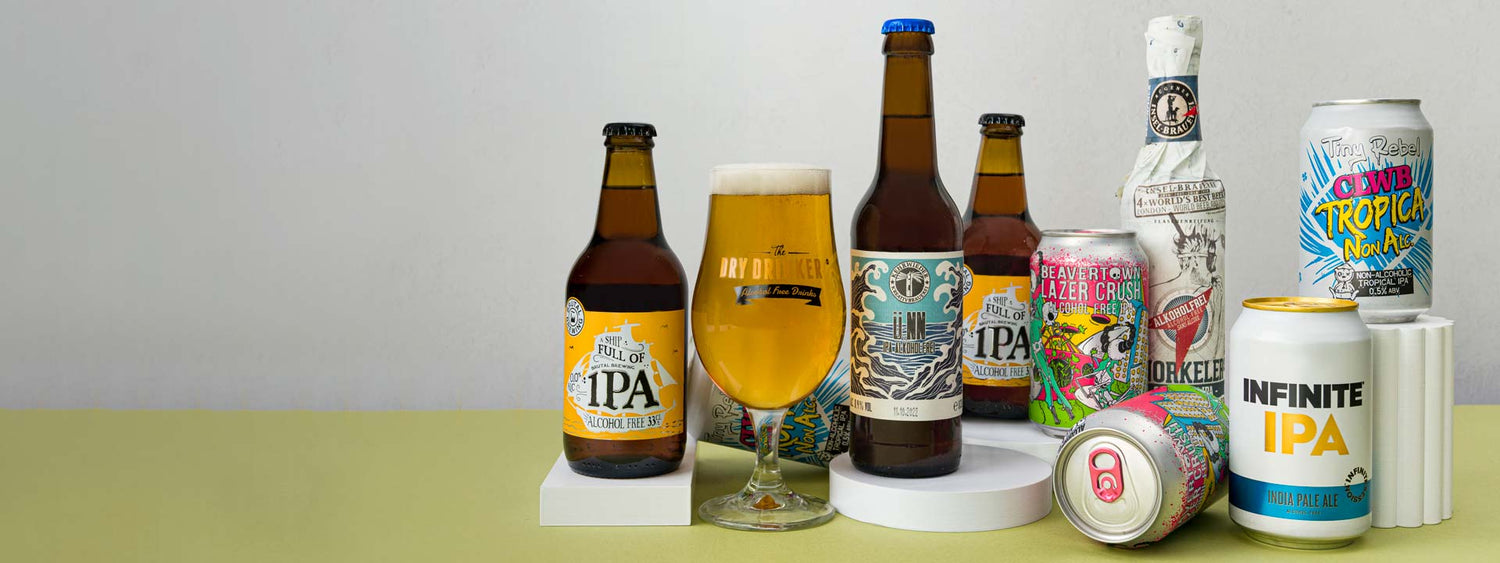Drinking alcohol-free wine improves heart health as much as consuming modest amounts of normal wine, research suggests — indicating that the benefit comes from the grapes rather than the alcohol.
The findings should help debunk the idea that a moderate amount of alcohol can help ward off heart problems, Dr Rudolph Schutte of Anglia Ruskin University said.
A series of studies have shown an “undeniable protective beneficial relationship” between heart disease and both red and white wine, he said.
However, he added that his research had shown that this link was seen only with coronary heart disease and not for other cardiovascular illnesses.“This relationship is also seen for alcohol-free wine, so it suggests the benefits are thanks to the polyphenols in the wine rather than the alcohol,” he said
Polyphenols are a compound found in wine, especially in red wine. They have been linked to lower blood pressure levels and healthier blood vessels and may also reduce chronic inflammation. High blood pressure and chronic inflammation are risk factors for heart disease.Schutte’s research, which he presented today at the British Science Festival, looked at nearly 450,000 people who had signed up to the UK Biobank project and whose health and lifestyle was tracked for an average of seven years each.
Those who drank a moderate amount of wine — equivalent to between one and 14 units of alcohol a week — had about a 40 per cent reduction in the risk of coronary heart disease, compared with the average across the entire group.Drinking a moderate amount of beer, cider or spirits was linked with about a 10 per cent increased risk.
Schutte believes previous studies have created a “myth” that drinking a modest amount of alcohol can be good for you — in part because researchers have pooled wine drinkers with people who consume other alcoholic drinks. The benefits of the wine have helped mask the harmful overall effects of alcohol, he said.
Previous studies looking at alcohol and health have identified a “J-shaped curve” — where health risks are lower for moderate drinkers than for teetotallers and heavy drinkers.
However, Schutte believes these studies are also making flawed assumptions about the underlying health and history of non-drinkers.“A group of non-drinkers will contain individuals who abstain from alcohol due to various pre-existing health reasons, making this reference group surprisingly high-risk,” he said.
“Comparing a group of low to moderate drinkers to this ‘risky’ reference group of non-drinkers could wrongly indicate that alcohol is beneficial to health.
“This is the main driver of the trough of the J-shaped curve.”
He added: “The current recommendations in the UK are to drink no more than 14 units of alcohol a week. This equates to seven pints of average-strength beer, around nine glasses of 125ml wine, or 14 single measures of spirits.
“However, our findings show that even low levels of alcohol consumption can be damaging to our health.”
He said he would be in favour of a new labelling system for alcohol, where consumers are warned that there is no safe minimum level for drinking. “Everybody should be able to make an informed decision whether to consume alcohol,” he said. “I consume alcohol myself but I’m aware of the risks associated with that.



